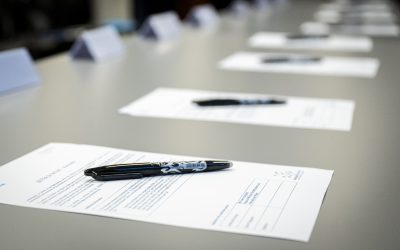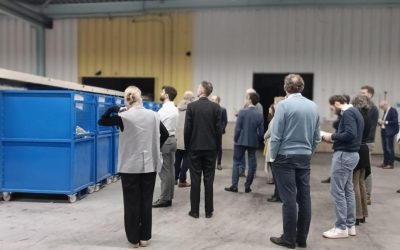Galicia

Presentation of the Region
One of Spain’s 17 autonomous regions. Located in the north west of the Iberian Peninsula, it covers 29,574 km², and has 2,700,269 inhabitants. It is a unique region with its own language and distinctive culture and is home to Santiago de Compostela, the destination of more than quarter of a million souls who travel each year along the Camino de Santiago pilgrim trails. Its wild coastline is frayed up and down its 1200km length by rías (coastal inlets), and strung with cliffs, beaches, islands and fishing ports. Inland is a labyrinth of deep-green valleys, speckled with stone villages, medieval monasteries and age-old vineyards.
Galicia strongly depended on agriculture and fishing until the 80´s last century. Reflecting that history, the region has the largest fishing fleet in Europe. Nonetheless, today the service sector occupies more than 50% of workers.
Industry is specially strong in shipbuilding, fashio-textiles, agrofood, energy (specially hydroelectric and wind power), wood processing and car manufacturing. STELLANTIS N.V. centre in the region since 1958, makes about 450,000 vehicles annually. Galicia is also the headquarters of Inditex, the world’s largest fashion retailer; of their eight brands, Zara is the best-known. In recent years, Galicia has also become a significant tourist destination, with more than 5 million visitors in 2019.
RIS3 Priorities
The region has had a RIS3 in place since 2014, which is being re-shaped for the period 2021-2027. The Strategy has been defined around 3 main challenges and 10 priorities:
1. The innovative management of natural and cultural resources: Sea-Valorization, Aquaculture, Biomass and Marine Energy, Primary Sectors Modernisation, ICT Tourism
2. The future industrial model of Galicia: Diversification of Driving Sectors, Competitiveness in the Industrial Sector, Knowledge Economy: ICT & KETs
3. A new healthy lifestyle model base don active ageing: Active Ageing, Food & Nutrition
This Strategy has been complemented by the Galicia Innova 2020 Plan, which is a framework designed to reinforce the region R+D+I policy and help achieve the objectives of the RIS3 2014-2020.
Political Representatives
Román Rodríguez
Regional Minister of Education, Science, Universities and Vocational Training
Regional Contact Persons
Sabela Pardo Rodríguez
Brussels Contact Persons
Manuel París Lestón
R&D&I and European Programmes Manager
Regional Address
Rúa Airas Nunes s/n 15702 Santiago de Compostela A Coruña Spain
Brussels Office Address
Rue de la Loi 38, 2 1040 Brussels Belgium
Latest Updates
Integrated Eu Industrial Innovation Policy Based Interconnected Regional Ecosystems
In its recently published Policy Position Paper, the Vanguard Initiative (VI) calls for an integrated EU industrial & innovation policy based on interconnected regional ecosystems. The network is advocating for a new industrial & innovation policy toolbox addressing industrial competitiveness challe…
Delegation Dutch Ministry Economic Affairs Visits East Netherlands Insights I3 Program
On February 14th, representatives of the Ministry of Economic Affairs and Climate (EZK) and Foreign Affairs paid a working visit to the East Netherlands region. The purpose of this visit was the new Interregional Innovation Investment (I3) program, a European program that has already enabled four pr…
Smart Health Rich Online Plenary Meeting Fruitful Year 2024 Field Personalised Medicine
On 5 February, the first 2024 online plenary meeting of the Smart Health Pilot was held and aimed at setting the basis for the annual activities to be carried out to support the pilot’s long-term objective : Accelerating the implementation of Personalised Medicine across Europe.For 2024, the Smart H…






